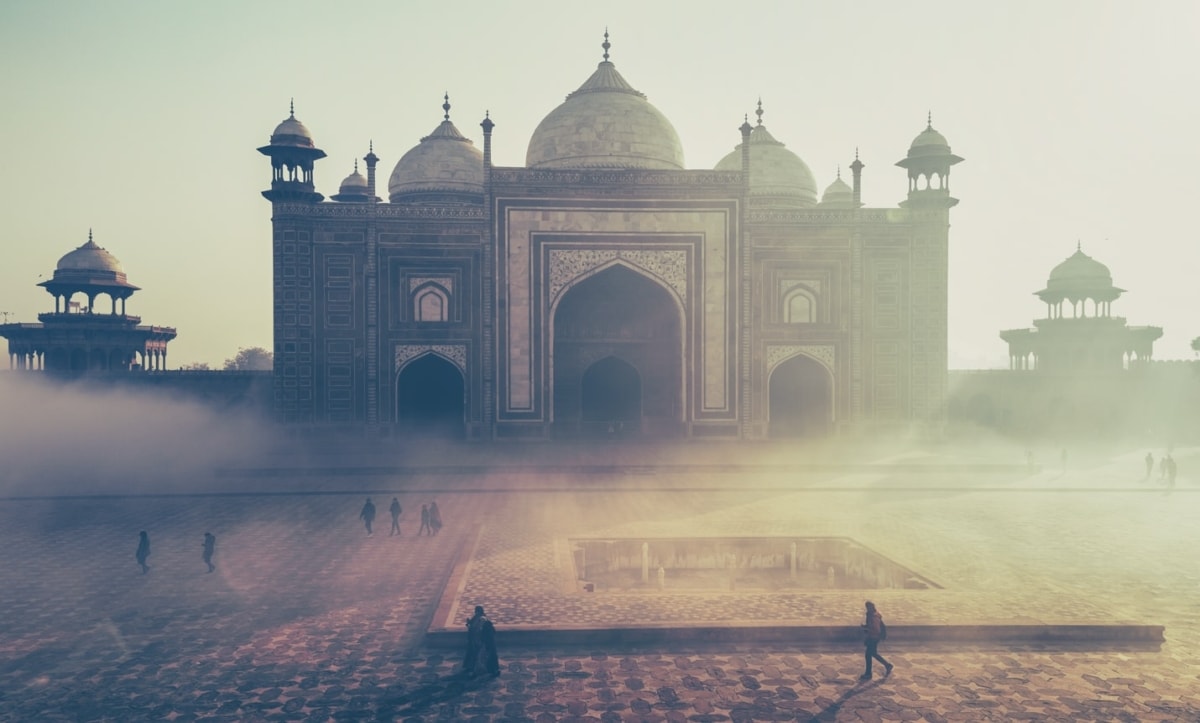Ten Steps to Allah. Step 10: Supplication
As we get closer to Ramadan, focusing on what we are seeking through our devotions is ever more crucial. The ultimate aim of any Muslim is to gain the closeness of Allah Most High. Shaykh Faraz Rabbani gives us clear guidelines with 10 key steps on the path to Allah Most High elucidating for us how to get closer to Allah.
Allah has promised to answer our prayers—all that is left is for us to ask. But supplication itself is an art. Shaykh Faraz Rabbani gives practical guidelines on how to engage in dua, what supplications to make and how, and what it means for our prayers to be “answered.”
Step 10: Supplication
Dua is not something that you do. It is not something that you say. It is not something you repeat. Dua is that you ask of Allah Most High. It encapsulates all that you are concerned about so learn the art of asking Allah.
Our beloved Messenger (peace and blessings be upon him) tells us, “Supplication is the very essence of worship.”
The heart of dua is you voicing your need to Allah. There’s a metaphor in you raising your hands. It’s as if you’re saying that I am so much in need that I am like a beggar and I have nothing to beg with except my own empty hands.
When you make dua remember to have certitude. Our Lord Mighty and Majestic tells us, “Call upon Me, I will answer you.” [Qur’an 40:60] That is a Divine promise. Our Prophet (peace and blessings be upon him) tells us, “Call upon Allah with complete certitude in His answer.” [Tirmidhi 3479]
Make dua with hope and contentment. We are assured that when Allah loosens our tongue to ask, He is willing to give. How He will give and when He will give is up to Him. He is Wise and Merciful and Generous, and what He chooses for you is far better than what you choose for yourself.
Then you should ask yourself, what is it that you are asking from Allah. You should ask for the greatest of your needs. There is no dua we can make like the duas of the Qur’an. The duas of the Qur’an are amazing because it is Allah Himself telling us: Ask Me for this and I will give you. The duas of the Sunna are the duas of Allah’s beloved, our Prophet (Allah bless him and give him peace).
The dua’ of the Qur’an and Sunna should be recited but they are not substitutes for you to make heartfelt duas yourself. The scholars tell us to reflect on the meanings when we recite the dua from the Qur’an. Or repeat the same dua in your own language because dua is your asking Allah not just saying the dua.
You should recite the transmitted duas from the Qur’an and Sunna after you wake up, after your prayer, after Fajr, before you go to sleep, and also have heartfelt duas in your own words. Make routines of duas. The best of what you could ask from Allah is what He asks of you. Ask Allah for His love, for His closeness, for the Hereafter. Ask Allah for your worldly needs. Ask Allah to change those qualities that keep you away from Allah.
Each of us should have a good manual of dua. The Book of Remembrance by Imam Nawawi is a wonderful thing that every household should have and you should access it. Some scholars say that you should have a large book of duas that you refer to and familiarize yourselves with, but also to have a brief collection of Prophetic duas. We should live with these. Our collections of duas that we can recite by morning and by night like the Hizb al-Bahr or the Wird al-Latif by great scholars train us in how to make dua. Recite them and reflect on their meanings.
It is also important to repeat the duas that you make. The Prophet (peace and blessings be upon him) used to repeat the duas three times.
When you make dua, observe the etiquette of dua. You can make dua at any place at any time, but it is better to face the qibla, remove distractions, consider the greatness and majesty, but also the mercy and compassion of the One you’re calling upon. Call with certitude and desperate neediness but also with deep joy in the fact that you have One you can turn to for all your needs.
We ask Allah to open for us the door of dua—the door of all openings and all giving and the door of closeness. Allah make us of the people who go through to our Beloved through this door.
The episode can be found on this link Ramadan 2020 Reminders | Episode 29: Ten Steps to Allah – 10 – Supplication | Sh Faraz Rabbani – YouTube
About the Author
Shaykh Faraz Rabbani spent ten years studying with some of the leading scholars of recent times, first in Damascus, and then in Amman, Jordan. His teachers include the foremost theologian of recent times in Damascus, the late Shaykh Adib al-Kallas (may Allah have mercy on him), as well as his student Shaykh Hassan al-Hindi, one of the leading Hanafi fuqaha of the present age.
He returned to Canada in 2007, where he founded SeekersGuidance in order to meet the urgent need to spread Islamic knowledge–both online and on the ground–in a reliable, relevant, inspiring, and accessible manner. He is the author of Absolute Essentials of Islam: Faith, Prayer, and the Path of Salvation According to the Hanafi School (White Thread Press, 2004.) Since 2011, Shaykh Faraz has been named one of the 500 most influential Muslims by the Royal Islamic Strategic Studies Center.
